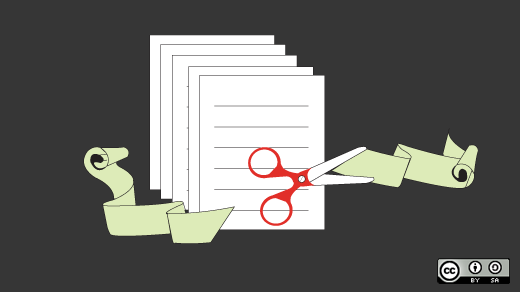Authored by Laurenellen McCann, national policy manager for the Sunlight Foundation.
As more communities recognize the power and possibilities of sharing public data online, there is an increasing need to articulate what it means to open data—and how to create policies that can not only support these efforts, but do so in a sustainable and ambitious way.
To this end, we are releasing the second version of Sunlight’s Open Data Policy Guidelines. Originally authored last summer and informed by the great work of our peers and allies, the Guidelines are a living document created to help define the landscape of what open data policies can and should do. For this latest version, we've reordered and slightly rephrased the Guidelines’ 32 provisions for clarity. We’ve also grouped them into three categories as a way of demonstrating that open data policies can define What Data Should Be Public, How to Make Data Public, and How to Implement Policy.
Long-time Guidelines fans will note some additional, slight changes to the provisions. We've subtracted two provisions: one dealing with contests (really a detailed element of a public/private partnership; contests can be a great platform for public engagement, but don’t qualify as a distinct best practice for policy) and another about publishing analytics from data portals. (Again, too specific. Public analytics can be an asset of a data portal, but is probably best addressed as part of technical guidance or part of an implementation plan.) We've also added a new provision about setting the default to open, a critical provision for helping to define public information and support its release.
The goal of the Guidelines is to be just that—a guide to what is possible. In this latest version, we've tried to make the possible more actionable, too, by adding additional use cases of where you can find provisions around the country (and increasingly, the world) and by including some sample policy language. Rather than crafting a single piece of model legislation, we’ve structured the provisions so that they can be versatile for a variety of political needs and contexts. We hope that the Guidelines are of help not just to those crafting an official "Open Data Policy," but also to those seeking to include open data language in a range of policies, referendums, legislation and executive orders about issues outside the traditional scope of technology policy.
Over the past year, the Guidelines have served as the foundation for our ongoing analyses and explorations of open data initiatives, and these efforts will continue (and expand!) in the days and weeks ahead. In particular, we'll unpack our findings from reviewing the current state and municipal policies on the books in the US—an intense and revealing project which helped inform our Guidelines update and which you can catch an early glimpse of in this spreadsheet—and we'll explore more details about the policy-making process, hurdles to data release, and continue our coverage of new and existing open data initiatives.
Open data and, by proxy, open data policies have the potential to transform communities, to change the relationship between governments and constituents. The individual parts may seem simple—upgrading data formats, mandating electronic filing, requiring data to be published online—but their sum is something great. As we approach the creation of new policies, even in the earliest stages, we must keep in mind the ends we seek—and we must create goals worth working on together.
We hope that the Guidelines will be of help in this journey and will continue to refine the them as we explore and promote best practices.
We welcome your input.
The Guidelines are accessible online at https://sunlightfoundation.com/opendataguidelines and can also be downloaded in PDF and ODT.






Comments are closed.